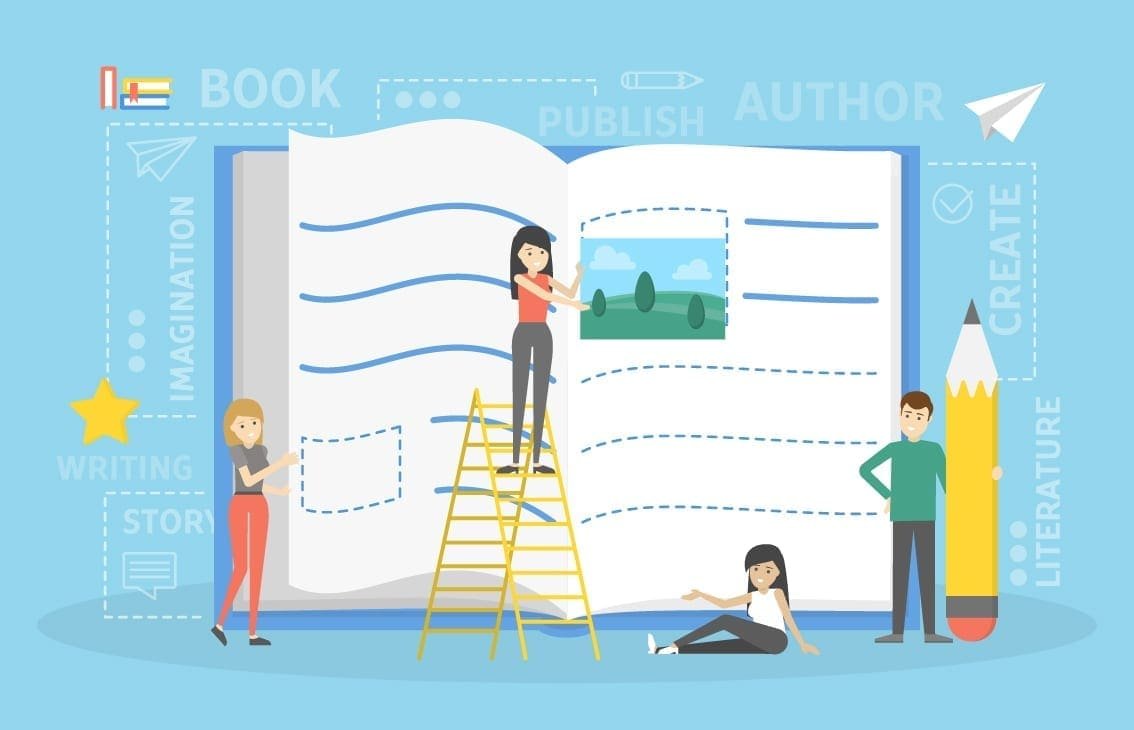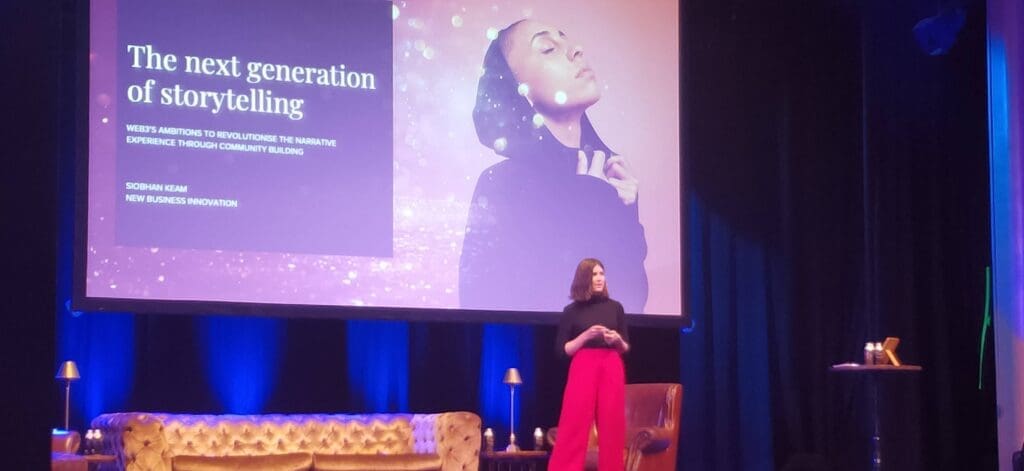Many people in a ‘knowledge’ based business (or hobby business) are overwhelmed by the thought of writing their first major book. So it’s quite common that they’ll say “I just want to write a short eBook to put on Amazon”.
Hey, I get that; my first book (a marketing manual) was about 70 A4 pages, the second one 46 pages, and it felt like I was feeling my way across a dark room. I didn’t know how to extend it — or even if I should. I reasoned that self-publishing was the only way an unknown novice like me was going to achieve publishing at all.
In 2006, I used the US self-publishing platform Lulu for my second how-to book, and happily for me, they turned it into an ebook and distributed it for free. It achieved small sales for quite a few years, without promotion.
My Advice to a New Book Writer
As far as ambition goes, I want all of you to aim higher than writing a short eBook. As a business owner, I would rather see you practise by writing 600 to 1,000-word informative blog posts or articles… than punching out an ebook about to get lost in the Amazon sea.
The more practice with varied writing styles that you use, the more fluent your writing will become. It will start to get less of a drag.
You will also learn how to structure an article so that the ‘story’ reels them in, then the body (of the content) tells a reader something amazing, unusual, useful or controversial. Naturally, the best writers are avid readers of all different styles of books.
If you’re in the process of sharpening your writing tool kit, may I suggest a favourite of mine:
Writing Tools: 55 Essential Strategies for Every Writer
Which Writing Path will you Take to Your First Book?
Every path to becoming an author is valid. That said, sometimes you’ve got to realise that there really is no shortcut to becoming an author with a voice that resonates with your tribe. I have secretly done some study of what happened with authors who went on ‘write a book in 48 hours’ style of help. I am pleased that the few I tracked down wrote and got their book out in one way or another. One I noticed went on to publish several books for her tribe, so the formula worked for her. Another had dead links on her author website (i.e. they weren’t working).
But a lot of times, novice authors don’t realise the work that is required to get a book into the ‘wonderful to read’ category. Some Australian authors claiming #1 Amazon bestseller status are fakers; their bestseller status came from doing Countdown deals and giving away their book for a week and blasting this on Facebook. I’m guessing they managed to sell a few afterward as more notice came their way. But is that really a successful book?
Journalists and Editors can Spot a Fake
Mass media will not give you any time if your new book is not up to quality standards, your cover image looks unprofessional, and they cannot find your publishing site. Popular bloggers these days are also getting fussier about reader fit and quality.
Conversely, good book design will also help readers understand the matter and have a cohesive feel.
Whether a book or a short eBook, “there should only be one aim in mind, and that should be helping the people you serve”, says Guy Kawasaki in APE: Author Publisher Entrepreneur.
So how will a new book help your clients and target market?
Repurposing Content
I believe that when you’re truly ready to write your first book and publish it, some of the content will already be in your business IP (or in your head) in some way or another. It will require a fair bit of time to structure it properly, and some time working on the angle (the hook), if you don’t have one. It may require some primary research and case studies to back up your own advice. You’ll need a good structural edit by an experienced editor, but even as a novice, you could put a very solid first book out.
And while writing your first book, you will need to formulate a plan for selling the books at events, or offering a discount and easy previews if marketing only online.
But it won’t be a matter of faking it.








